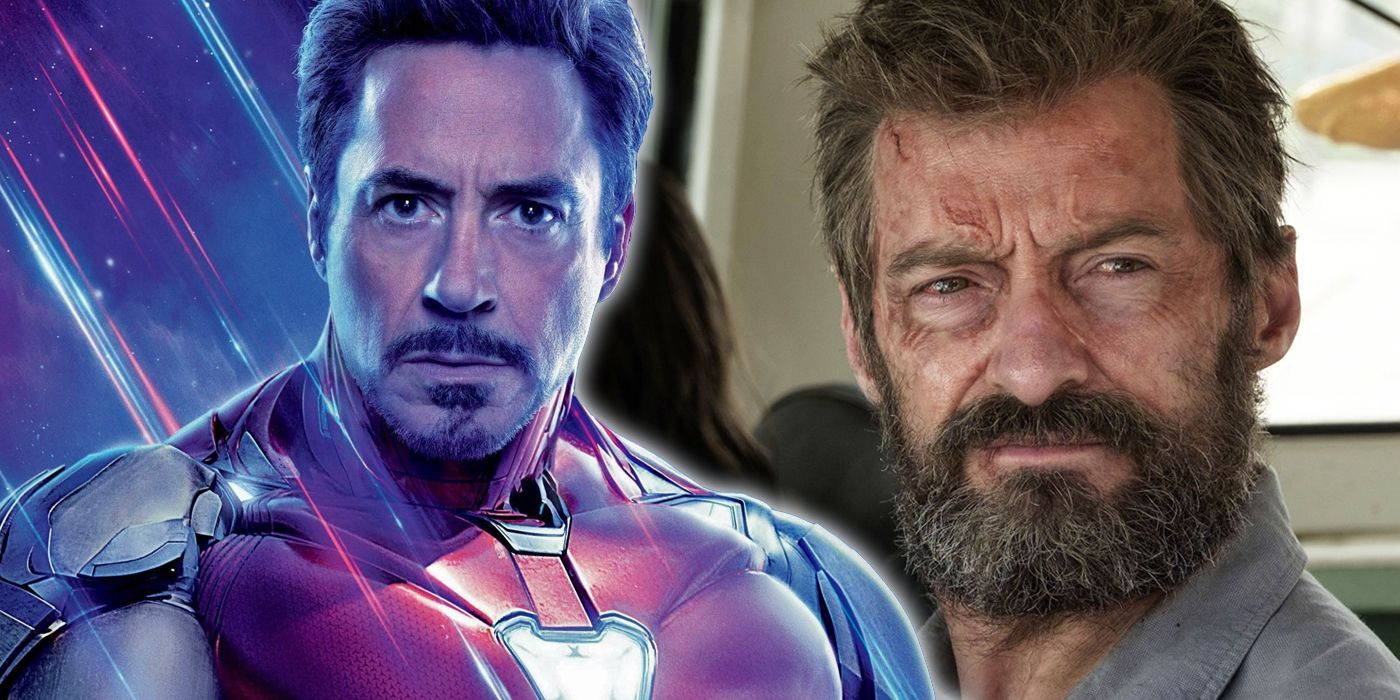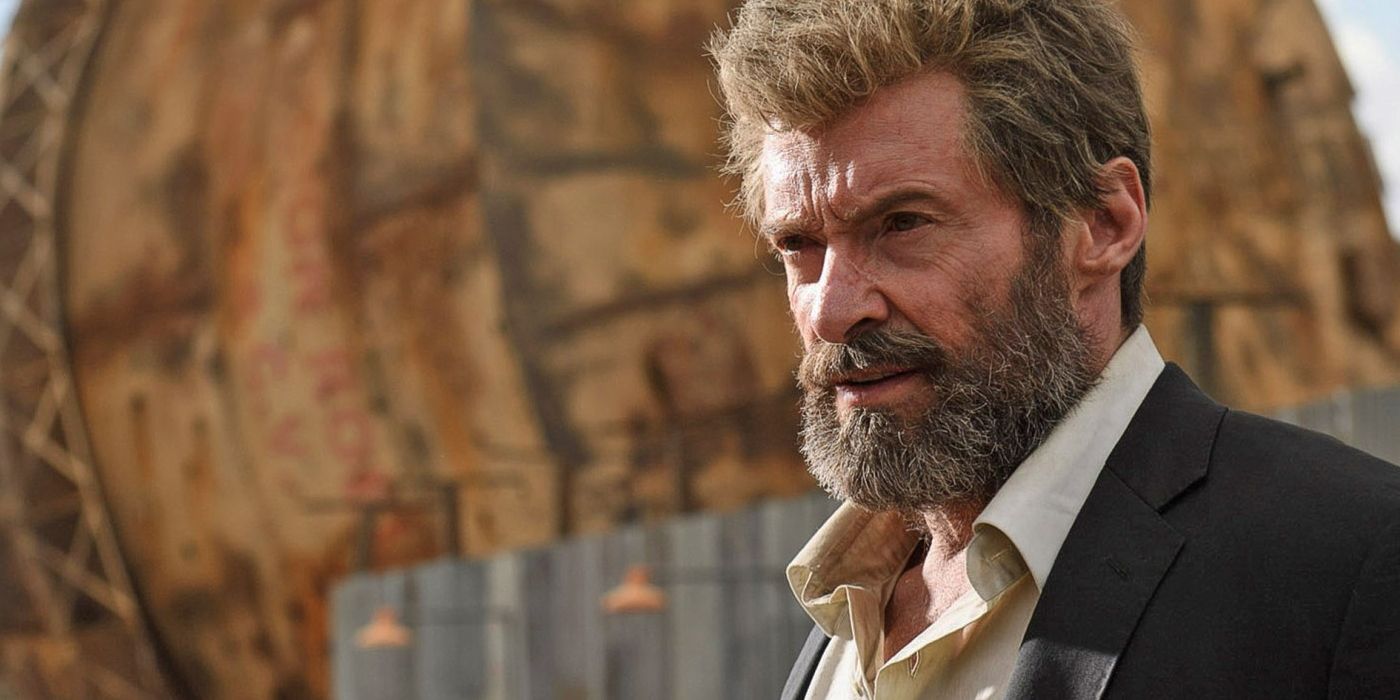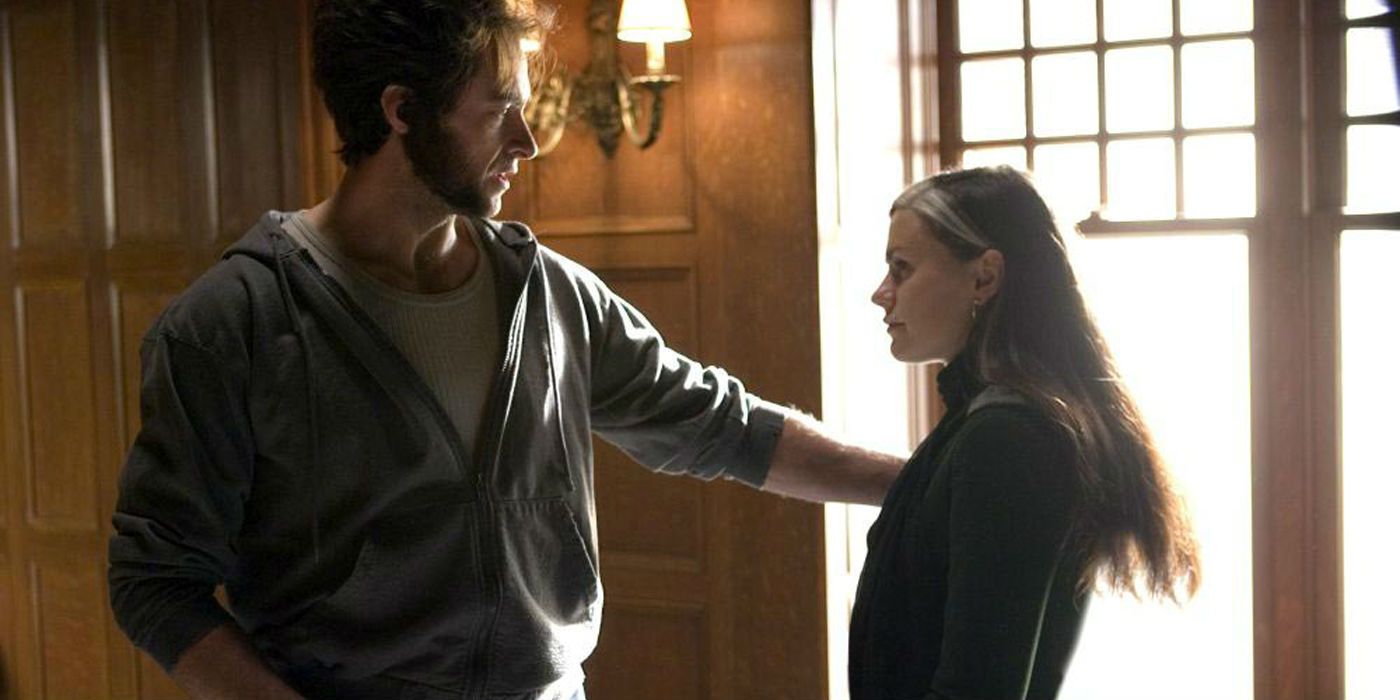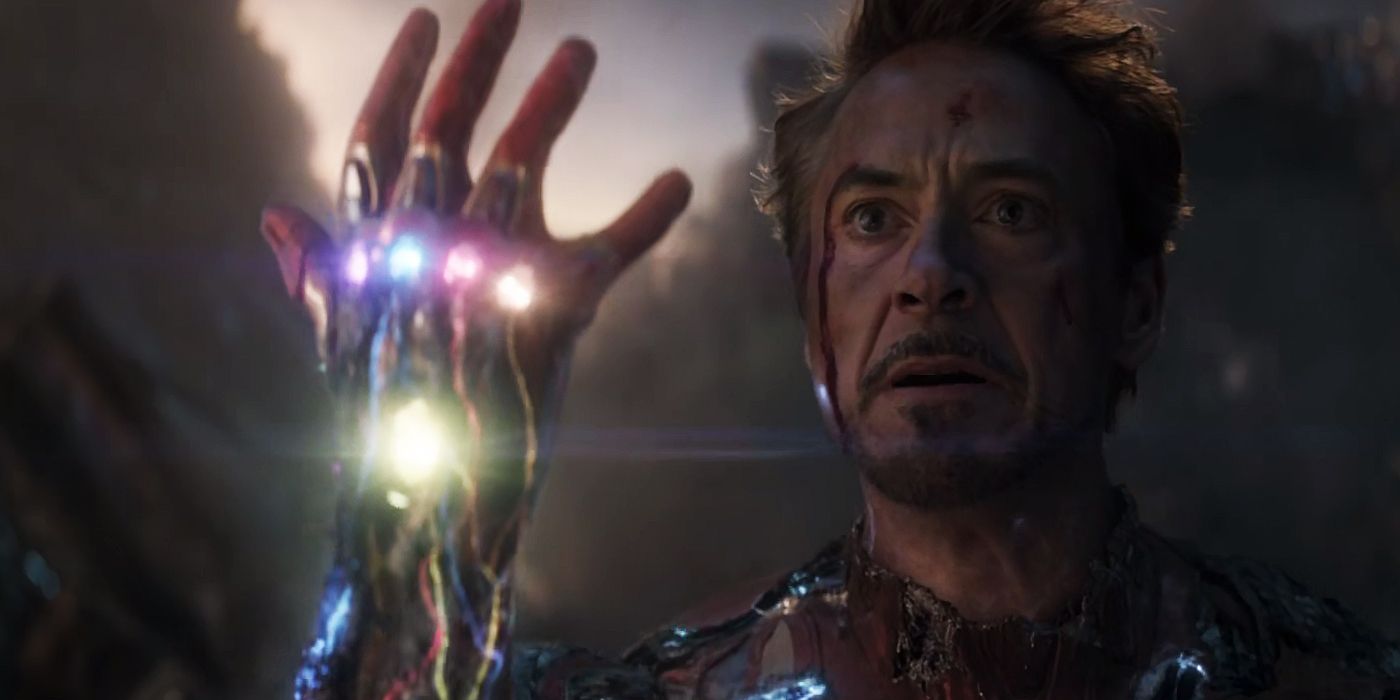Before Disney's acquisition of Fox, the X-Men franchise was the longest superhero cinematic universe in contemporary cinema, matched only by the titanic success of the shared universe built by Marvel Studios and the MCU. The X-Men films had their flaws, but they also led to several moments of greatness, like the death of Wolverine in 2017's conclusion to Hugh Jackman's two-decade long run as the hero in director James Mangold's Logan.
In an interview with Empire, Marvel Studios president Kevin Feige discussed the Fox film and how the emotional response from audiences inspired the Marvel Studios team, specifically when it came to killing off a major character. "There was some sense that deaths don't matter in our movies – Nick Fury gets shot and died in Winter Soldier and comes back in the third act, which was awesome, but is not a death," Feige stated, "people were clamoring for, not death necessarily, but stakes and real emotion."
Up until the Joe and Anthony Russo-directed Avengers: Endgame, none of the major superheroes in the MCU ever really seemed to be in any sort of danger. Gamora and Vision were the first major characters to truly perish, but the former has already returned and Vision will be making a comeback in the upcoming Disney+ series, Wandavision, though the nature of that comeback is currently uncertain. Thus far, the only death with any sense of finality to it has been that of Tony Stark, the superhero that started it all in the MCU.
Feige explained, "We saw Logan like the audience did [...] and went, 'Oh my god, what an amazing ending for Hugh as this character.'" the studio president continued, "There are only a handful of examples where an actor so associated with a character can go out perfectly [...] that's what we desperately wanted to give Robert, and that was what our focus was on."
Iron Man's final battle against the Mad Titan, his selfless sacrifice and emotional death scene was meant to evoke the same sort of response from audiences as Logan's death. It's not an unreasonable comparison. At a glance it might not appear that way, but there are more than a few similarities between the two superheroes as depicted in their respective films.
The mutant known as Wolverine provided audiences with a window into the world of the X-Men. What was unique about him was that he didn't want any part of the fight. The only real reason why he got involved was because he felt responsible for Rogue, the mutant who stumbled into his pick-up truck when she ran from home. That and Xavier's offer to help him uncover his past. He was a loner with a complicated past and a lot of inner demons to fight. The X-Men franchise showed us that over the course of seven films and a cameo, right up until he sacrificed himself to save the Transigen children from his animalistic clone, X-24.
It's a story about a man who let his demons get the better of him for most of his life and about how he finally confronted those demons. Even if he ultimately failed to defeat the living embodiment of his primal rage, he allowed himself to feel something precious, which manifested in his paternal relationship with his genetically-altered clone, Laura. It was the end of a story that lasted almost two decades. It's likely that some audience members grew up with Wolverine in cinemas, a fact that would have certainly helped the emotional payoff of that tearful final scene.
Much like Fox's star mutant, the MCU's Iron Man has developed through a similar journey, one in which the genius, billionaire, playboy, philanthropist learned to tear himself away from his reckless attitude toward life and start allowing himself to care about more than just his ego.
Since his introduction in Iron Man, Tony had constantly been his own worst enemy and not just because he ended up unintentionally creating a host of supervillains. His own insecurities, stemming from his relationship with his absentee father, caused him to struggle when it came to trusting others and opening himself up to the people around him. That slowly changed and culminated in his life in Avengers: Endgame, where he was living happily with Pepper and Morgan, their daughter.
As was the case with Wolverine, audiences had seen Tony Stark develop as a character and grow out of his flaws for more than a decade until his tragic but noble end in Avengers: Endgame, in which he sacrificed himself to save the universe from Thanos. In the end, Iron Man was given a tearful farewell from all those closest to him, from his protégé, Spider-Man to his beloved Pepper Potts. In a deleted scene the superhero even received a moment of silence in which all the allies he'd made over the years knelt in his honor, this was followed by the solemn funeral attended by everyone whose lives had been touched by Stark.
How do we measure the emotional impact of their deaths to compare? In cinemas all over the world, moviegoers shed tears for both. Perhaps that alone is enough to know that Kevin Feige, Joe and Anthony Russo, Robert Downey Jr. and the sizeable team that helped to bring Avengers: Endgame and the rest of Iron Man's story together achieved their goal. Stark's final scene in 2019 was every bit as meaningful and emotionally heavy as Logan's -- a perfect sendoff for Robert Downey Jr..
They both lost and learned a lot over the years, receiving full and satisfying arcs over a substantial number of feature-length films. Their stories and portrayals were executed perfectly enough that these fantastical characters were able to resonate strongly with millions of fans, becoming childhood heroes for many who followed their films. The fact that the emotional weight of Logan was successfully replicated should not detract from the unimaginable effort required, and it's unlikely that we will see a character death that impactful in the near future.




